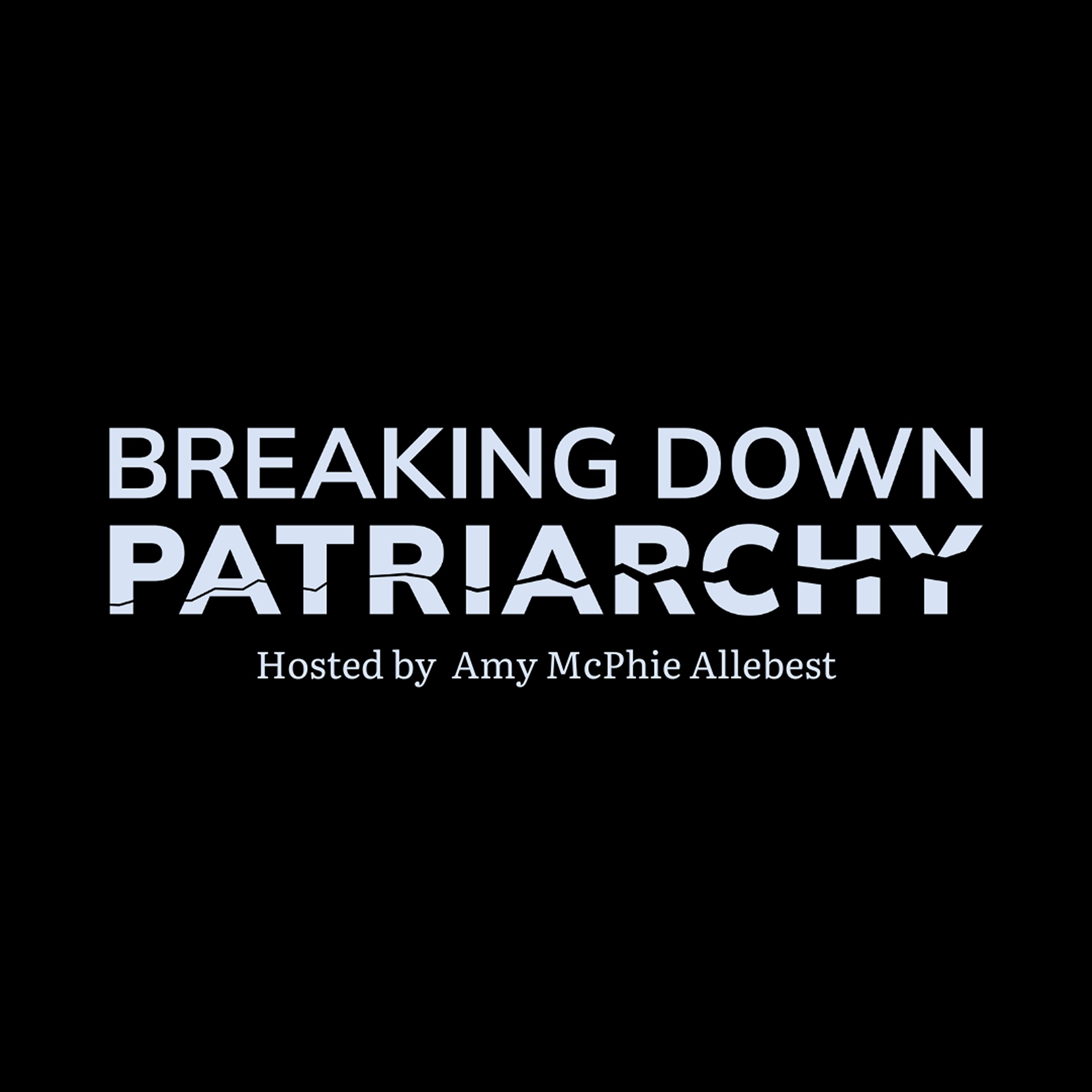Episode 61
Women and Power: A Manifesto, by Mary Beard
Amy is joined by guest Louisa Gillett to discuss Women and Power by Mary Beard. Topics include hostility towards women speaking publicly, victimhood, and how we recognize female power.
Louisa Gillett has produced, presented, written and commissioned documentaries about arts, culture and science, for British public radio and tv, and theatrical release. Since the birth of her daughter and her move to the USA five years ago, she has returned to the joys of academic life, and is currently a postgrad at Stanford writing a thesis that draws on theories of art, literature, philosophy, aesthetics, embodied cognition, and comic books(!) to examine the radical art and visionary poems of William Blake. If she had to give herself a label, it would probably be ‘womanist humanist’ and she is honored to be a part of this incredible project.


